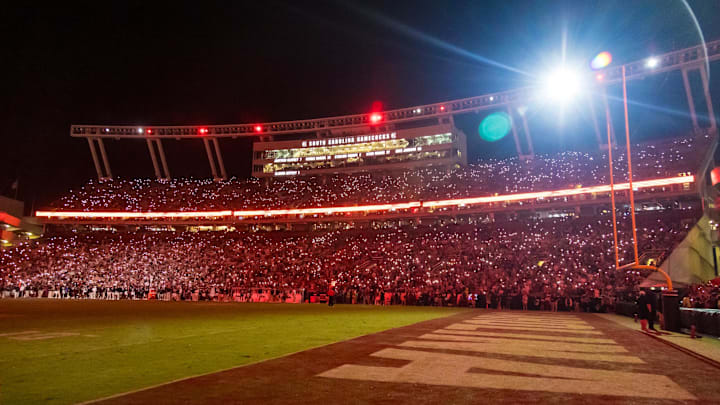Another ripple from college football's conference shakeup has hit the Gamecocks' schedule. The University of South Carolina and the University of Miami jointly announced Monday that they have mutually agreed to cancel their planned home-and-away football series set for the 2026 and 2027 seasons.
The two programs were originally slated to meet in Columbia in 2026 and then in Miami in 2027, marking what would have been their first regular-season matchup since 1987. But with both the SEC and ACC officially moving to nine-game conference schedules beginning next season, flexibility in non-conference scheduling has tightened for nearly every Power Four program, and South Carolina and Miami were no exception.
The Gamecocks' 2026 slate already features Towson at home and the annual rivalry trip to the upstate to face Clemson, leaving limited room for another major opponent under the expanded SEC format. South Carolina is now actively pursuing a third non-conference opponent to round out that season's schedule.
For Miami, the 2026 calendar still includes home games against Florida A&M, Central Michigan, along with another road trip to Notre Dame. It's a lineup that remains plenty challenging for the Hurricanes as the ACC landscape shifts.
While the cancellation removes a high-profile cross-conference matchup, it reflects a broader scheduling trend across college football: programs are now recalibrating for deeper conference play and the expanded 12-team College Football Playoff era, where strength of schedule could determine postseason paths. Both athletic departments emphasized that the decision was mutual and driven by logistical realities, not a lack of interest.
